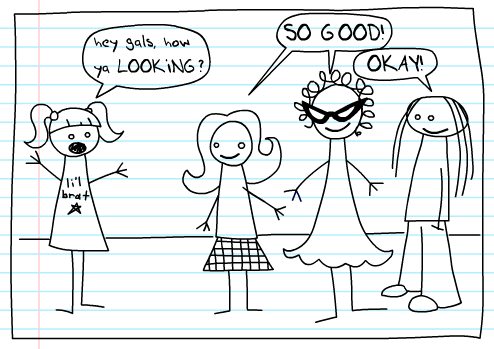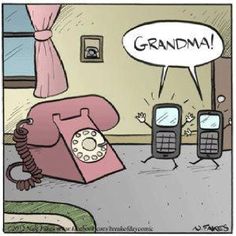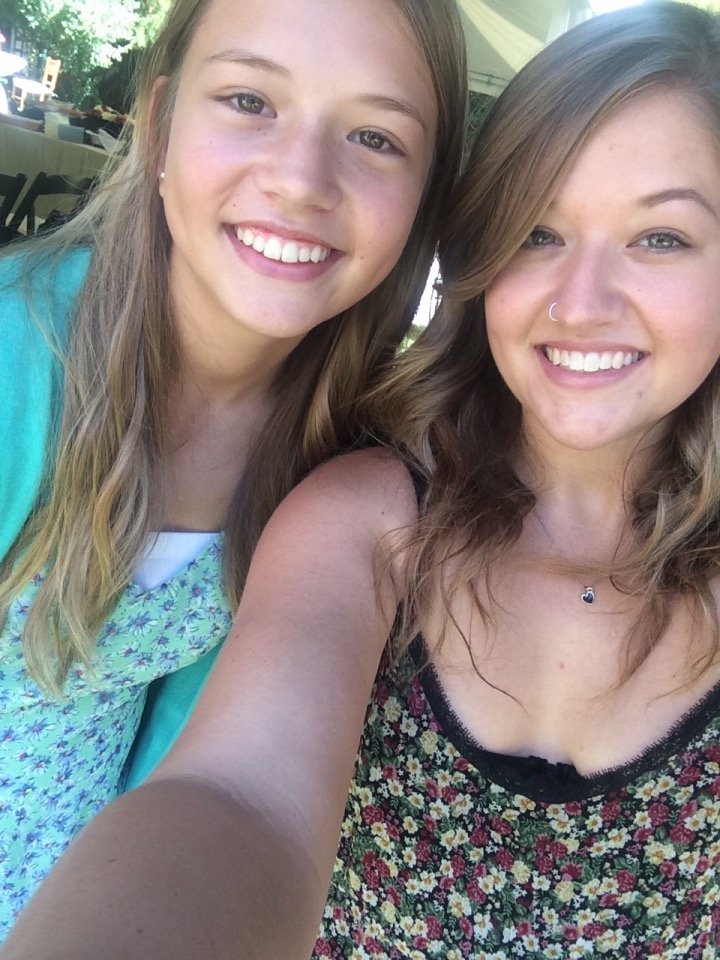So Long, Farewell
Coming into this course, I had no idea what to expect. I didn’t have an idea of what I could possibly learn in a literacy course. In the beginning I thought of literacy simply as being “am I literate or not.” That is, can I read or can’t I. This class really changed that for me. Literacy is not a black and white subject. You can’t break it down into the haves and the have-nots. It is completely dependent upon the individuals being observed. What literacy is to me, may not be literacy to someone else. For example, I work with a Mexican man who is illiterate in both English and Spanish. However, after years of working at a restaurant, he is now able to work on the line in the kitchen because he learned how to read our order tickets. He would not be able to read a full page out of a book to me, but he is more than able to shout at me from across the kitchen to drop more shrimp in the fryer because he read it off a ticket. His literacy does not include literature- as mine does- or articles on the internet- as mine does- but rather food orders.
While I am unsure if I would like to be a teacher one day, I can see how important it would be if I became one. It is absolutely necessary to be able to assess what an individuals literacy is in order to teach them appropriately. The group projects we presented demonstrate these individual needs well. We learn best through interacting with our subject matter, so we must find personal ways to do so. My group worked with gaming and learning, and it made me think about how many computer programs I used growing up that taught me school subjects. I grew up playing math games, reading games, typing games, and vividly remember learning from these games. The other groups also reminded me of all the different things I’ve learned and which ones stuck with me because I did them in an interesting, worthwhile way.
While working on my group project, I watched several videos and read many articles on computer literacy in the classroom. While it is not a traditional form of teaching or schooling, it is absolutely becoming a necessity. Computer literacy is crucial to the modern job market. Since technology is so prevalent– as a society we are constantly “plugged in” to some kind of device, be it a phone, tablet, or computer– we must know how to work with it. Had I come into this class, specifically, not knowing how to work a computer or navigate the interwebs, I would have been completely lost and unable to participate in a majority of it.





 Website:
Website: